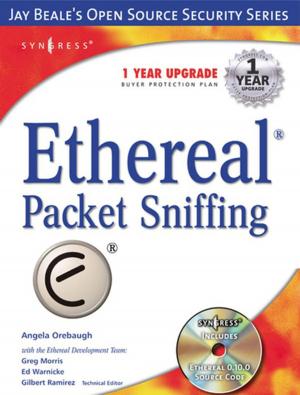Computational Methods in Reactor Shielding
Nonfiction, Science & Nature, Technology, Engineering, Mechanical| Author: | James Wood | ISBN: | 9781483148137 |
| Publisher: | Elsevier Science | Publication: | October 22, 2013 |
| Imprint: | Pergamon | Language: | English |
| Author: | James Wood |
| ISBN: | 9781483148137 |
| Publisher: | Elsevier Science |
| Publication: | October 22, 2013 |
| Imprint: | Pergamon |
| Language: | English |
Computational Methods in Reactor Shielding deals with the mathematical processes involved in how to effectively control the dangerous effect of nuclear radiation. Reactor shielding is considered an important aspect in the operation of reactor systems to ensure the safety of personnel and others that can be directly or indirectly affected.
Composed of seven chapters, the book discusses ionizing radiation and how it aids in the control and containment of radioactive substances that are considered harmful to all living things. The text also outlines the necessary radiation quantities and units that are needed for a systemic control of shielding and presents an examination of the main sources of nuclear radiation. A discussion of the gamma photon cross sections and an introduction to BMIX, a computer program used in illustrating a technique in identifying the gamma ray build-up factor for a reactor shield, are added. The selection also discusses various mathematical representations and areas of shielding theory that are being used in radiation shielding.
The book is of great value to those involved in the development and implementation of systems to minimize and control the dangerous and lethal effect of radiation.
Computational Methods in Reactor Shielding deals with the mathematical processes involved in how to effectively control the dangerous effect of nuclear radiation. Reactor shielding is considered an important aspect in the operation of reactor systems to ensure the safety of personnel and others that can be directly or indirectly affected.
Composed of seven chapters, the book discusses ionizing radiation and how it aids in the control and containment of radioactive substances that are considered harmful to all living things. The text also outlines the necessary radiation quantities and units that are needed for a systemic control of shielding and presents an examination of the main sources of nuclear radiation. A discussion of the gamma photon cross sections and an introduction to BMIX, a computer program used in illustrating a technique in identifying the gamma ray build-up factor for a reactor shield, are added. The selection also discusses various mathematical representations and areas of shielding theory that are being used in radiation shielding.
The book is of great value to those involved in the development and implementation of systems to minimize and control the dangerous and lethal effect of radiation.















